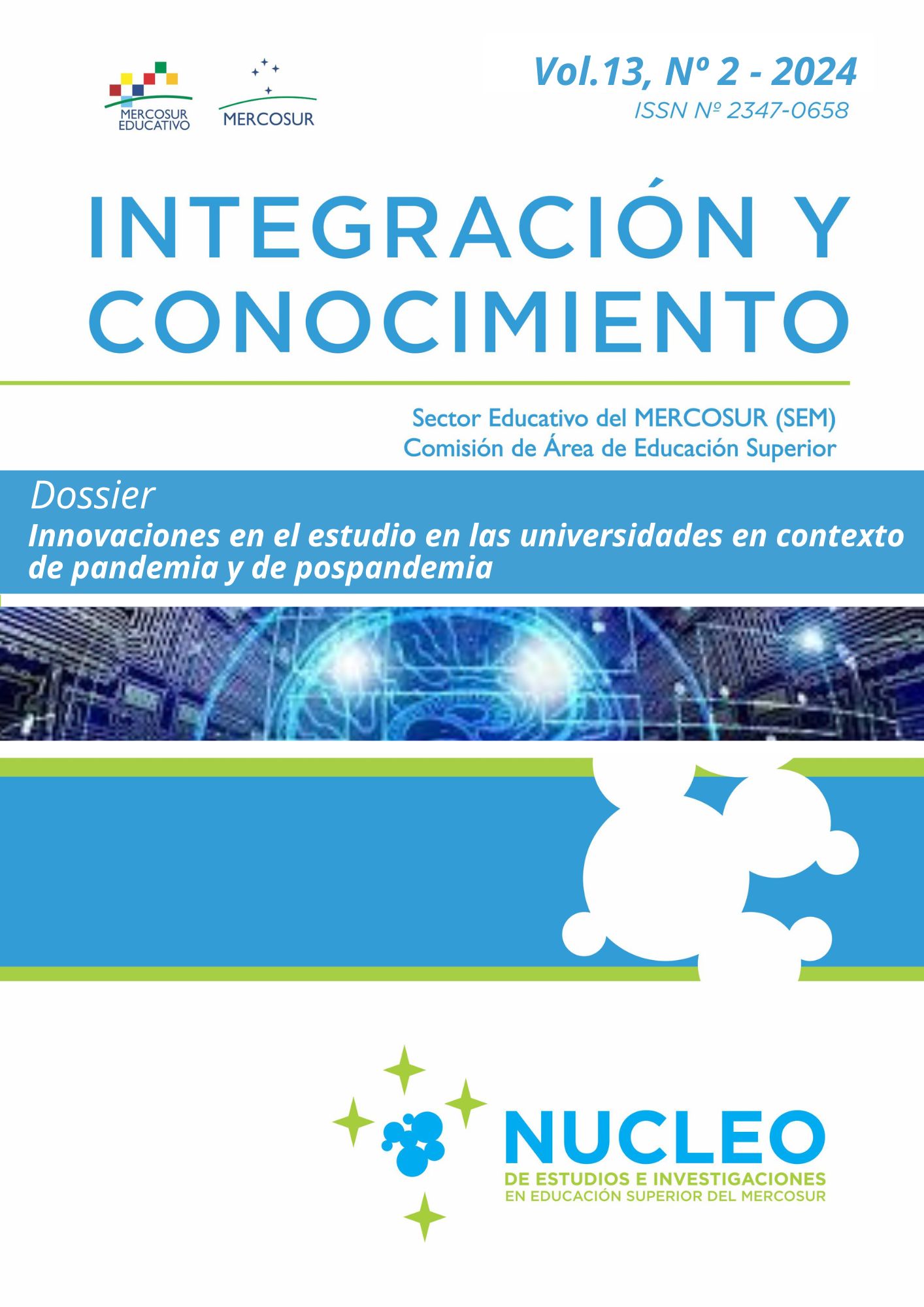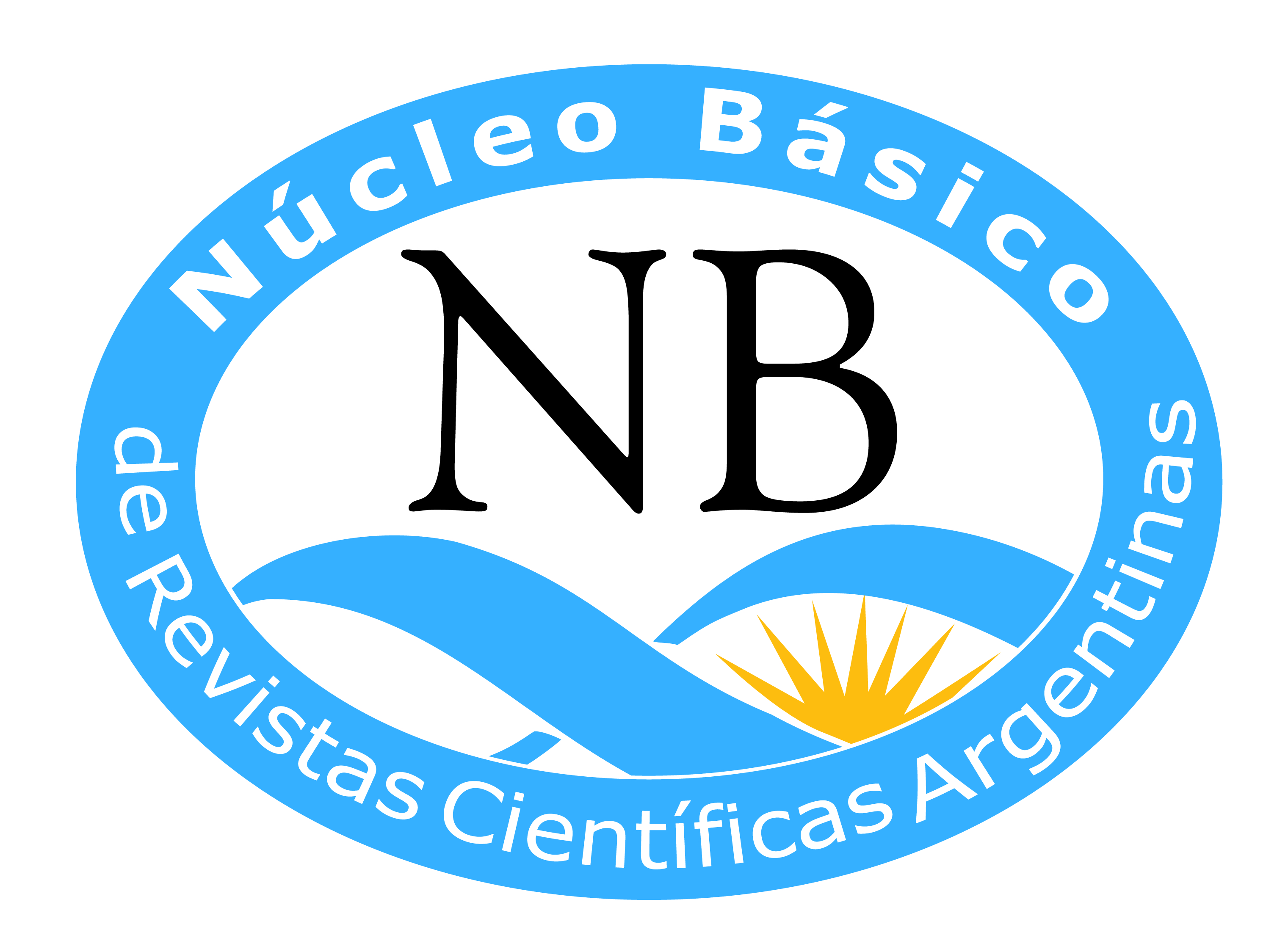Young university students, pandemic and remote education: findings and challenges
Keywords:
Pandemics. Remote education: Digital capital. University youth.Abstract
This article presents data from an international survey and aims to describe and explore the perceptions of higher education students during the COVID-19 pandemic in relation to studies, in the transition from face-to-face education to remote education and vice versa. The theoretical basis compared ideas from Virilio, Ragnedda, Rosa and others. We used a self-reported questionnaire, translated and culturally adapted in relation to university convenience samples in Brazil, Mexico, Portugal, and Russia. Classes were randomly selected and all their students were invited to fill out. Results show that pandemics magnified prior social differences as a result of deficiencies in digital capital, infrastructural deficiencies and short time for institutions and people adaptation. The lockdown and further problems led to depressing feelings and to the trend to give up their studies. In conclusion, this project has limits as a quantitative study and the sort of sample used. Replies do not evidence significant advantages to remote education, not leaving very positive experiences for its expansion. It is necessary to regard that study in pandemics had the interference of multiple crisis, economic, social, sanitary etc.
Downloads
References
Ahmed, N. et al. (2023). Mental health in Europe during the COVID-19 pandemic: A systematic review. Lancet Psychiatry, 10(7): pp. 537-pp. 556. https://doi.org/10.1016/S2215-0366(23)00113-X
Bourdieu, P. e Passeron, J.C (1970). La reproduction : Éléments pour une théorie du système d’enseignement. Paris : Minuit.
Chaucel, L. et al., Coords. (2022). World Inequality Report. Paris: World Inequality Lab.
Draženovic, M.; Vukušic R. T., Poplašen, L. (2023). Impact of social media use on mental health within adolescent and student populations during COVID-19 pandemic: Review International Journal of Research on Public Health, (20): pp. 3392. https://doi.org/10.3390/ijerph20043392
Duru-Bellat, M. (2017). La tyrannie du genre. Paris: Sciences Po.
Fenoglio, P. (2022). La classe à distance : quelles reconfigurations des pratiques ? Dossier de veille de l’IFÉ, (141), ENS de Lyon. http://veille-et-analyses.ens-lyon.fr/DA-Veille/141-decembre-2022
Fenoglio, P. (2023). La présence pour mieux apprendre à distance. Edubref, (14), ENS de Lyon. https://edupass.hypotheses.org/2426
Freire, P. (2021). Pedagogia do oprimido. São Paulo: Paz e Terrra.
García Ferrer, B. (2017). La “dromocracia” o el régimen de la velocidad absoluta (Paul Virilio). Un diagnóstico de sus derivaciones mórbidas en la existencia Araucaria. Revista Iberoamericana de Filosofía, Política y Humanidades, 19(38), pp. 49-71.
Gomes, C.A. (2021). Education during and after the pandemics. Ensaio: Avaliação e Políticas Públicas em Educação, 29(112): pp.574-pp.594. https://doi.org/10.1590/S0104-40362021002903296
Gomes, C. A.; Sousa, C. A. de M..(2023) Challenges and risks of remote Education for children and adolescents. Ensaio: Avaliação e Políticas Públicas em Educação, v. 31, n. 118, p. e0233752, jan. 2023. https://doi.org/10.1590/S0104-03620220030037542
Kohls, E. et al. (2023). Two years COVID-19 pandemic: Development of university students’ mental health. Frontiers in Psychiatry, 14. https://doi.org/10.3389/fpsyt.2023.1122256
Netto, C.; Guidotti, V.; Santos, P. K. A evasão na EAD: investigando causas, propondo estratégias. In: Conferência Latinoamericana sobre el abandono en la Educación Superior, 2., 2012. Anais..., CLABES, 2012.
Merisalo, M., & Makkonen, T. (2022). Bourdieusian e-capital perspective enhancing digital enhancing digital capital discussion in the realm of third level capital divide. Technology & People, 35(8): pp.231-pp. 252.
Oliveira, A.P. et al. (2023). Social media use and Its association with mental health and internet addiction among Portuguese higher education students during COVID-19 confinement. International Journal of Environmental Research and Public Health, (20), pp. 664-pp. 677. https://doi.org/10.3390/ijerph20010664
Oliveira, P. R. de, Oesterreich, S. A., & Almeida, V. L. de .. (2018). Evasão na pós-graduação a distância: evidências de um estudo no interior do Brasil1. Educação e Pesquisa, 44. https://doi.org/10.1590/S1678-4634201708165786
Piketty, T. (2022). Uma breve história da igualdade. Lisboa: Círculo de Leitores.
Ragnedda, M. (2018). Conceptualizing digital capital. Telematics and Informatics, 35 (8). pp. 2366-pp. 2375. https://doi.org/10.1016/j.tele.2018.10.006.
Rosa, H. (2019). Aceleração: A transformação das estruturas temporais na Modernidade. São Paulo: Editora UNESP.
Sá, S., Camões, A., Costa, E., de Freitas, C., Torres, J. (2022). D@L Classes Under COVID-19: The Video Analysis in Higher Education with WebQDA. In: Carvalho, J.V.d., Liberato, P., Peña, A. (eds) Advances in Tourism, Technology and Systems. Smart Innovation, Systems and Technologies, 284. Springer, Singapore. https://doi.org/10.1007/978-981-16-9701-2_37
Salimi, N. et al. (2021). College Students Mental Health Challenges: Concerns and Considerations in the COVID-19 Pandemic, Journal of College Student Psychotherapy. https://doi.org/10.1080/87568225.2021.1890298
Sousa, C. A. M. (2023). Reconfigurações de Desigualdades e Distanciamentos na/da Proximidade Tecnológica: Pandemia da Covid-19, seus efeitos e desafios para a Educação Superior. In: Holanda, P. C. et. al (Org.). Nas trilhas das histórias de família: educação e saúde mental. Fortaleza: Editora Via Dourada, 2023, p. 69-89. https://www.editoraviadourada.org/
Touraine, A. (1992). Critique de la modernité. Paris: Librairie Arthème Fayard.
UNESCO. Institute for Statistics (2012). International Standard Classification of Education: ISCED 2011. Montreal: Institute for Statistics. international-standard-classification-of-education-isced-2011-en.pdf (unesco.org)
Veraksa, A. et al. (2024). How did women and men react to remote education during the pandemic? The cases of Portugal and Russia. Ensaio: Avaliação e Políticas Públicas em Educação ( aprovado e em edição para publicação)
Virilio, P. (2005). The information bomb. Londres: Verso.
Weber, M. (1968). Economy and society: An outline of interpretive sociology. Nova Iorque: Bedminster.
Downloads
Published
Issue
Section
License
Copyright (c) 2024 Integración y Conocimiento

This work is licensed under a Creative Commons Attribution-NonCommercial-ShareAlike 4.0 International License.
Authors who have publications with this journal accept the following terms:
a. Authors shall retain their copyright and guarantee the journal the right of first publication of their work, which shall simultaneously be subject to the Creative Commons License of Recognition which allows third parties to share the work as long as its author is indicated and its first publication is this journal.
b. Authors may adopt other non-exclusive licensing agreements for the distribution of the published version of the work (e.g., depositing it in an institutional telematic archive or publishing it in a monographic volume) provided that the initial publication in this journal is indicated.
c. Authors are allowed and encouraged to disseminate their work via the Internet (e.g. in institutional telematic archives or on their website) after publication of the article, which may lead to interesting exchanges and increased citations of the published work. (See The Effect of Open Access).



